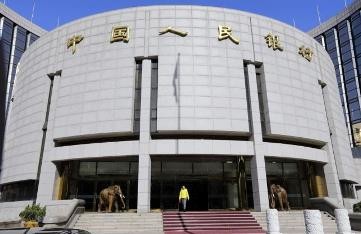Recent foreign exchange reforms implemented by China’s central bank have been credited for the narrowing gap between the renminbi's price in onshore and offshore markets, after its exchange rate against the U.S. dollar became stronger offshore than onshore on Sept. 29, the China Business News reported.
On the same day, the renminbi closed at 6.3660 yuan against the dollar in the onshore market, while the offshore price reached 6.3404.
The report said that it was the first time the yuan was more expensive, in relation to the dollar offshore than onshore since November.
According to the report, it was also the highest level at 6.3404 since Aug. 11, when the People's Bank of China (PBOC) introduced a new round of foreign exchange reforms aimed to narrow the gap between the onshore and offshore prices of the Chinese currency.
Speculators profit from arbitrage created by a wider price gap where they buy U.S. dollars at a lower price in China and sell them at a higher price in the offshore market in Hong Kong.
"Measures adopted by China to stop capital outflows and restore confidence in stable foreign exchange rates have eased investor concerns. Expectations of the yuan's further depreciation have fallen, and pressure from capital outflows in September is expected to not be as heavy as it was in August," Tommy Ong, a managing director for treasury and markets at DBS Hong Kong, said.
Concerns about the yuan devaluation were reduced by the Chinese government's pronouncement that there is no basis for a weaker renminbi and the U.S. move to support the yuan's inclusion in the International Monetary Fund's basket of currencies, the paper said.
Sheng Songcheng, head of the PBOC's statistics department, had remarked on Sept. 25 in Shanghai that capital outflows and the volatility of the yuan's exchange rates were only short-term reactions to the foreign exchange reforms of the government.
Sheng added that foreign investors are still attracted to China, citing the $8.71 billion in foreign direct investment in China in August, an increase of about $1.51 billion from a year ago and up $490 million from July.



























